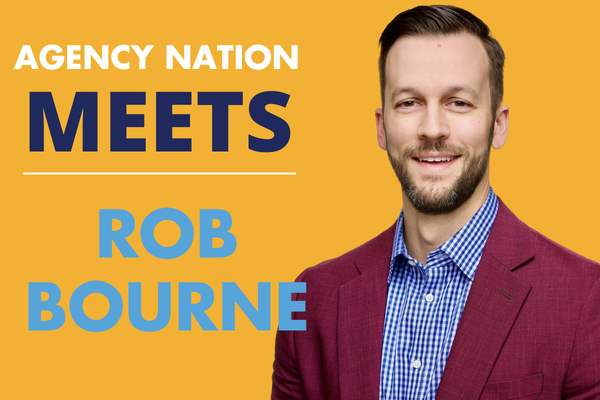The Shifting Workforce: Boomers as Independent Contractors

By: Sharon Emek
A quarter of the current insurance workforce is expected to retire in 2018—potentially leaving t more than 200,000 insurance industry positions unfilled, according to the Bureau of Labor Statistics.
And it’s only going to get worse. More than 70 million baby boomers are already exiting corporate America, and the Bureau estimates that 693,000 current insurance professionals are age 55 or older.
Even worse, a study by The Hartford reveals that only 4% of today’s millennials are interested in an insurance career. Considering millennials comprise 40% of the current working population, that’s a sizable gap in talent.
Clearly, the insurance industry needs a different approach to staffing. But skilled workers, who are already in short supply, often don’t come with the right background or expertise to fill independent agency positions, nor are they necessarily located within the agency’s geographical reach.
One solution: re-employing the very talent that is walking out the door.
Just because boomers are leaving the traditional office doesn’t mean they’re ready to leave the workforce. Statistics suggest they’re quite happy to continue working. The Department of Labor estimates that by 2020, the number of workers over age 55 will have nearly doubled from 13% in 2000, making up 25% of the U.S. labor market.
The only difference is in how and where these employees choose to work. A Prudential survey released earlier this year found that nearly one-third of independent contractors are boomers, with another 34% of those respondents retired. And independent contractors are the fastest-growing segment of the American workforce—Nasdaq expects them to make up 43% of it by 2020.
Just like boomers across other industries, pre-retirement insurance professionals are recognizing the benefits of becoming an independent contractor. They have the freedom and flexibility of working anywhere, they don’t have to commute or incur related costs, and they can tailor their work schedules around personal matters, such as health and lifestyle needs.
Meanwhile, businesses that hire boomers as independent contractors are able to lower overhead, hire either part- or full-time help, and reduce fixed expenses. And since retiring insurance professionals have decades of experience, businesses can also save money on both training and onboarding.
By opting for remote workers, agencies also broaden their talent pool. And finally, hiring the veteran workforce gives agencies access to more engaged workers: According to a Society for Human Resource Management/AARP study, 52% of employers perceive older employees to have a better work ethic and to act with more professionalism.
By employing veteran insurance professionals in remote positions, agencies and brokers can maintain and leverage the depth of talent and knowledge that older workers have amassed on the job.
Sharon Emek, Ph.D., is president & CEO of Work At Home Vintage Experts, a contract staffing talent solution which matches retiring insurance professionals to insurance firms to meet their full- or part-time staffing needs.










